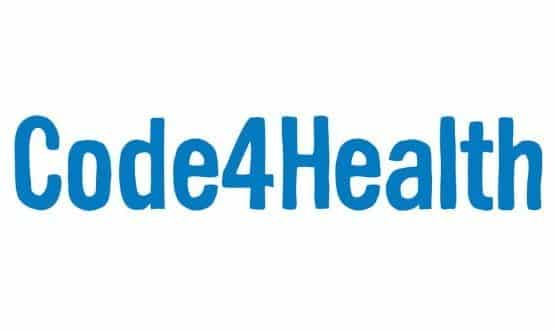Code4Health sets challenges

NHS England has launched Code4Health challenges to encourage people to get involved in developing clinical software.
At the NHS Expo in Manchester last week, Richard Jefferson, NHS England’s head of business systems, said the challenges are all about, “giving the opportunity to take something and turn it into something real”.
Entries for the first round of challenges are due over the next two months and winners will be announced in November.
Founding member of the Open Source Software Foundation for Health and Social Care Dr Phil Kozcan launched one of the challenges at Expo.
He said anyone can submit an idea for the use of new or existing open source resources to solve a problem in the health and care system – such as linking systems or redesigning clinical interfaces – and the foundation will support the winners to build a community, attract funding and build prototypes to develop the solution.
Entries must be in by 16 October and the short list will be announced at EHI Live in November.
Another challenge is called ‘How clean is your code?’ and is supported by Source Code Control. Company director Martin Callinan said the competition is intended to highlight licensing and security vulnerabilities that should be avoided.
Each submitted project will be assessed for problems around copyright, security, structure and compliance and given a score and the winner will be announced in November.
The Code4Health programme is about getting clinicians involved in the cycle of producing software. This year the aim is to get 250 clinicians through the ‘app in a day’ course and NHS England will start introducing other courses such as ‘data in a day’.
The programme has already introduced product communities focused on a particular piece of software, as well as place-based communities where people in a particular region have decided to work on a collaborative basis.
Founder of HANDI and consultant to NHS England on open source, Ewan Davis, spoke at Expo about the new Code4Health platform, previously the HANDI-HOPD online open platform demonstrator.
He said that when looking at the barriers to delivering the promise that apps hold, one of the challenges for developers is around: “How do I make my app work within the overall structure of the health and care system?”
“We recognised that the way to do this was by creating a platform to allow apps to easily interoperate with other components in the system.
“If you want to expose your API on the platform in the context of experimental use free of charge you can bring it to the platform, it doesn’t matter if you’re open source or proprietary,” Davis explained.




